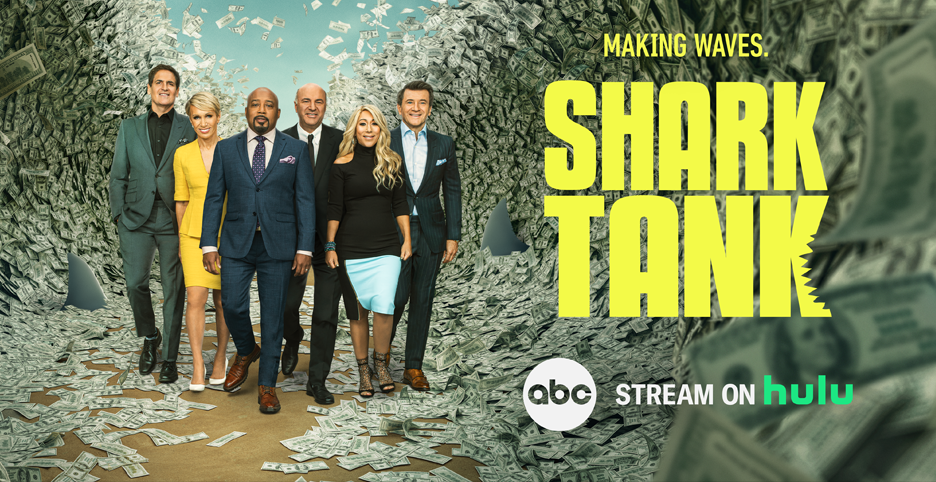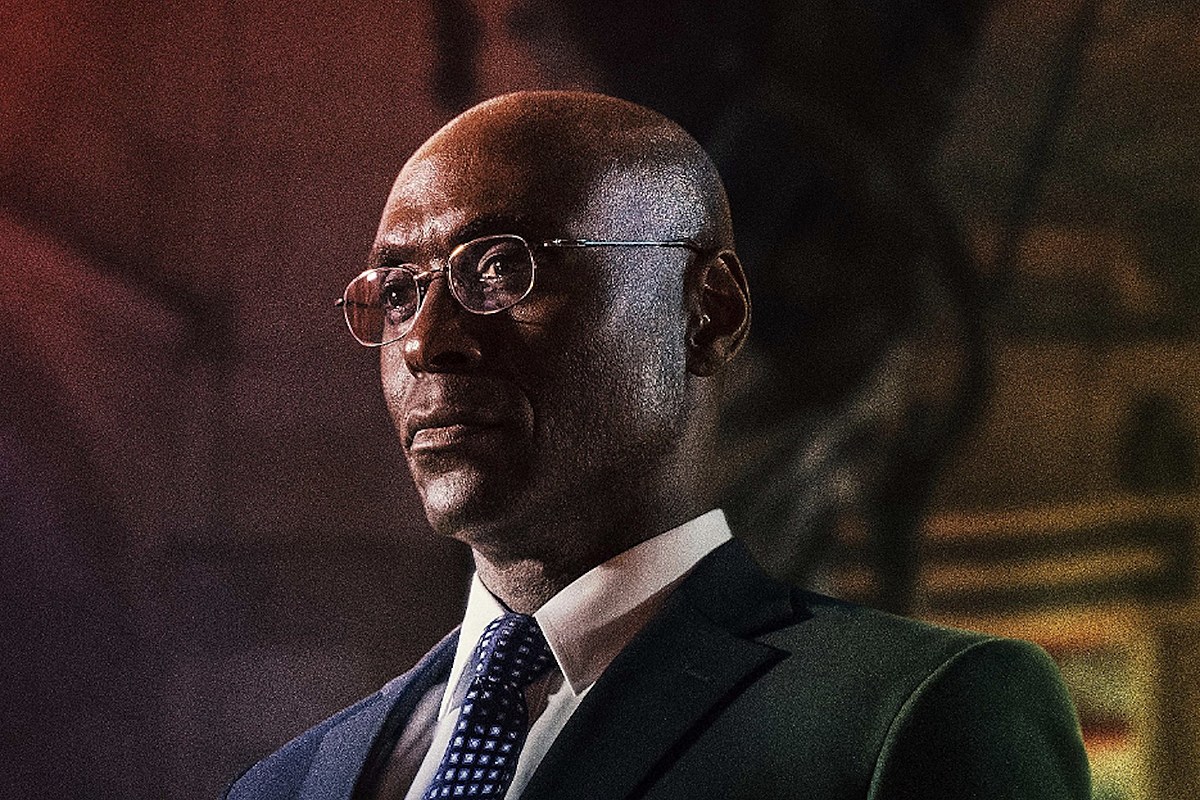Tokyo: 6.a.m. I was on my usual morning run, through the scenic Kyoto Imperial Palace Park. While my body worked up a sweat, my mind pondered in its own direction. I weaved my way through the park. There was an air of certainty and confidence. People were on their way to work, others were on their routine walks, or enjoying a coffee. There were familiar faces too, I nodded in greeting. I can never forget the vibe of certainty that filled the air. This was 2018.
I was in Tokyo recently, and I returned to the same route. Beyond the half-masked faces, there were troubled expressions, tension in the body language, an aura of uncertainty hung in the air.
COVID gave us a taster of the unpredictable life. For generations, humanity has survived through the trauma of wars, natural disasters, and pandemics. Yet, those memories tend to fade, and we don’t expect such adversities will affect us. Mankind continues to progress with science and technology as its backbone, creating innovative medical treatments and smooth operating systems. Through the internet, we gained accessibility and connectivity. We were able to broaden our horizons and create an openness to diversity and change.
Or so I thought! When COVID hit, the repercussions were unlike any seen in other world disasters. The focus turned towards self-preservation. The bridge that connected us as humans, collapsed, and with that, belief and value systems fell apart. It felt like a dystopian world where an invisible virus had destroyed us not just physically, but also emotionally.
If the future is anything like the past, there will always be complications, and lessons to learn. Global leaders, heads of businesses, and experts are supposed to be forward-thinkers, encouraging change. Pre-COVID, conferences and forums carried an agenda to aid and assist those who are less fortunate. Post-COVID, the meeting agendas were reduced to pointing fingers, it became more of a blame game rather than a save-the-day game.
People suffered, their jobs and lives turned upside down. Anxiety spread as everyone was concerned about their own livelihood. The pandemic brought to light what we lost, a sense of morality. To stay afloat, businesses chose to cut the first line of defense – their employees. We lost not just to COVID, but to the greed of a corporate culture. The lowest and the weakest bore the brunt.
Pre-COVID, bosses would never trust employees to do their jobs from home. Times have now changed and so have many bosses, they may have set strict work-from-home rules, but the principles of compassion and trust, have risen to the forefront. There is a trend towards managing more with heart than head.
COVID gave me a chance to reflect on our future. This has instigated my move towards the education of future leaders. What we lack is not the models and principles that were taught in schools, what we lack is the proper application of our education system that emphasizes a hybrid model of principle-based and rule-based organizations.
At lebua, we retained our staff during COVID. We believed that the service staff were the assets of our business and letting them go would be disloyal to them. Despite our efforts, we lost 600 out of 1100 employees, they left on their own accord. I expected they would return after the pandemic but by then times had already changed. They left not to join a competitor but had pivoted towards an entirely different industry. There was a sense of pessimism towards the future of hospitality.
It was an arresting moment, made worse that no apology has been extended by any of the tourism bodies, businesses and government bodies to these jobless men and women who were once the face of our industry. They worked hard, and they had been loyal to the company’s principles and values. And yet, as they left in a hapless state, no one gave them a second glance.
If we had foreseen the extent of the damage through our hospitality industry, we could have been more proactive in providing a support system. We could have forged partnerships in both the public sector and private sectors, to offer a safety net to struggling families. That’s where I believe education can bring about change by building a more heart-centered approach in any business.
We are seeing changing trends. We have heard of the great resignation. And now we hear about quiet quitting, where employees will not go the extra mile, they do their job in terms of what needs to be done. There is no sense of loyalty towards an organization. Trust has been lost. Never has it been more important to rebuild that trust, to develop leaders who understand the importance of their employees and that a company’s success, not to mention its very survival, is dependent on a steadfast workforce who believes it is part of a mutually beneficial long game envisioned by its leaders.
Written by Deepak Ohri.
Have you read?
The world’s top 20 most travel-obsessed countries, 2023.
The most Twitter-obsessed countries revealed, 2023.
The world’s top 10 most popular luxury brands for 2023.
The most fast food-obsessed countries in the world, 2023.
Who Are the Richest Sports Owners in the World, 2023?
























































![Key Metrics for Social Media Marketing [Infographic] Key Metrics for Social Media Marketing [Infographic]](https://www.socialmediatoday.com/imgproxy/nP1lliSbrTbUmhFV6RdAz9qJZFvsstq3IG6orLUMMls/g:ce/rs:fit:770:435/bG9jYWw6Ly8vZGl2ZWltYWdlL3NvY2lhbF9tZWRpYV9yb2lfaW5vZ3JhcGhpYzIucG5n.webp)


















